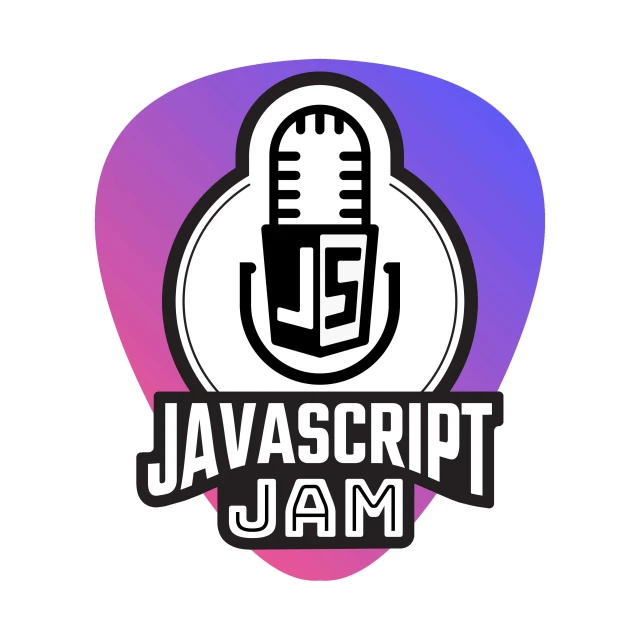
Accessibility and Cultivating Empathy with Ryan Magoon
Published:
Podcast Link: Accessibility and Cultivating Empathy with Ryan Magoon
PayPal engineer Ryan Magoon shares his path, shaped by a deaf family background, and highlights how empathy fosters better accessibility and user experiences.
Episode Summary
In this episode, the hosts sit down with PayPal Senior Staff Engineer Ryan Magoon to explore his journey into software development and the pivotal moments that shaped his passion for accessibility. Ryan discusses his early exposure to computers, how React Native drew him deeper into coding, and the role of empathy in crafting inclusive user experiences—particularly influenced by his upbringing in a deaf family. The conversation delves into practical approaches to accessibility, from leveraging screen readers and testing color contrast to understanding the real-world workflows of disabled power users. Ryan also shares personal anecdotes on everything from video gaming classics to attending tech conferences, emphasizing how broader perspectives can enrich both professional and personal life. By the end, listeners gain insight into how thoughtful engineering, combined with user empathy, can drive impactful results for all.
Chapters
00:00 - 05:00 — Introduction and Background
The episode begins with a lively welcome from the hosts, who set the stage for a fun yet informative discussion. They introduce PayPal Senior Staff Engineer Ryan Magoon, teasing some of the topics they plan to explore, including code, accessibility, and community. Ryan shares a bit of his history, explaining his initial foray into coding as influenced by his tech-savvy father and early attempts at writing basic programs under unique “punishments.” The conversation touches on how he pivoted from mechanical and aerospace engineering in college to software internships, ultimately landing him in the .NET world. This segment highlights the winding paths that can lead to a fulfilling career in tech and sets the tone for the deeper technical and personal stories ahead.
05:00 - 10:00 — From .NET to React Native
In this segment, Ryan describes his transition from C# into JavaScript and React Native, detailing how ES2015’s streamlined features reignited his passion for coding. He reflects on early React Native challenges, including unwieldy workflows and limited tooling, contrasting them with modern improvements in Expo and TypeScript support. Drawing on examples from his own projects—like an app for renting out driveway space—Ryan underscores the importance of focusing on usability and maintainability. The hosts also probe into the differences between React Native and “vanilla” React, leading to a discussion about debugging complexities, device APIs, and bridging code between mobile and web environments. This conversation provides insight into the evolution of JavaScript development and how new frameworks can spark creativity.
10:00 - 15:00 — Cultivating Accessibility and Empathy
Here, Ryan delves into why accessibility holds a profound significance for him, tracing it back to his childhood in a deaf family. He explains how early exposure to the deaf community helped him understand the daily hurdles people with disabilities face. The group discusses the concept of “disabled power users,” individuals who navigate technology with specialized skills and deep expertise in assistive tools. Ryan points out that many in tech overlook this user group, leading to designs and products that fail to meet critical needs. Emphasizing empathy, he challenges the notion of seeing disabled users merely through a lens of limitation, arguing instead that their advanced proficiency can drive innovation when properly understood and supported.
15:00 - 20:00 — Practical Tools and Compliance
Moving from personal motivations to tangible solutions, this segment focuses on the technical aspects of building for accessibility. Ryan talks about simple yet effective steps—like tabbing through a site to observe keyboard focus—and highlights powerful features in modern DevTools for simulating color blindness. The conversation broadens to include screen readers such as VoiceOver, JAWS, and NVDA, illustrating how mastering these aids fosters empathy and better UX decisions. Ryan explains the concept of the accessibility tree and why a checklist of standards (like WCAG) cannot ensure true usability. He underscores that building genuinely inclusive products demands ongoing feedback, real-world testing, and a readiness to adapt based on user insights.
20:00 - 25:00 — Personal Passions and Gaming
The discussion takes a fun turn as the hosts and Ryan reminisce over favorite video games, ranging from classics like The Legend of Zelda to more modern titles. Ryan shares his love for story-rich releases such as Grim Fandango, celebrating the artistry that goes into interactive experiences. They reflect on the immersive power of gaming, how certain titles left a lasting impression, and the social aspects that come from playing with friends. This break from purely technical talk showcases the well-rounded nature of the developers behind the code, reminding listeners that personal hobbies often inspire creative approaches and problem-solving strategies in professional life.
25:00 - 30:37 — Conferences, AI, and Closing Thoughts
In the final chapter, Ryan outlines the tech conferences he’s attended and those he’s looking forward to, including Next.js Conf and All Things Open. He describes the vibrant Raleigh scene, emphasizing how diverse tech hubs can broaden one’s horizons. The conversation then shifts to AI tools like ChatGPT, GitHub Copilot, and TabNine—resources that have reshaped developers’ workflows. Ryan reveals how he uses AI for everything from generating tests to summarizing articles, underscoring the practical benefits of these evolving technologies. The episode wraps with final insights on staying curious, fostering empathy, and continually adapting—key takeaways for anyone aiming to build inclusive, impactful software.